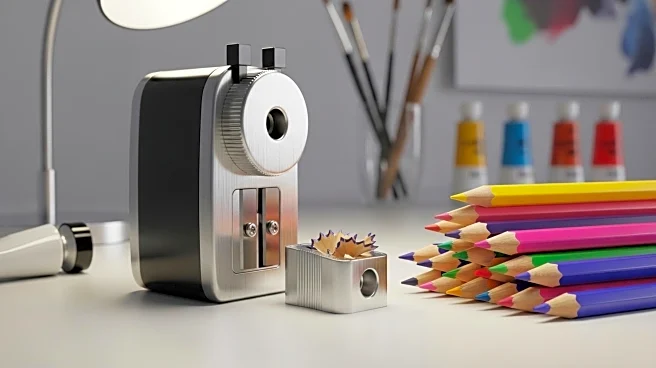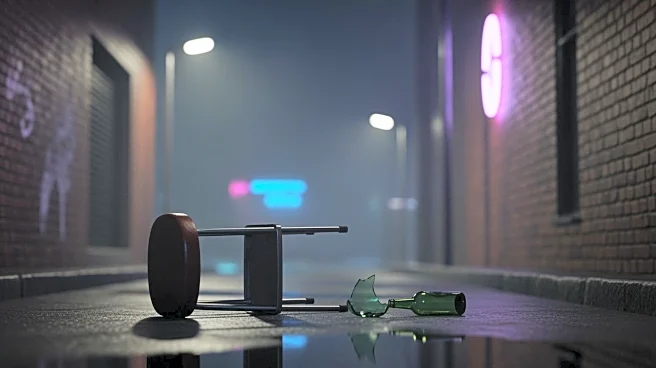What's Happening?
Pencil has launched a new campaign for Veo 3, Google DeepMind's AI video model, which is now available at half the previous cost on the Pencil platform. This price reduction aims to alleviate the financial pressure on creatives, allowing for more experimentation and iteration without the fear of wasting resources. The campaign itself is a parody of 1980s action films, showcasing the flexibility and creative potential of AI when cost barriers are lowered. By reducing the cost of iteration, Pencil encourages a 'shame-free' creative process, enabling teams to test multiple ideas quickly and efficiently.
Why It's Important?
The reduction in costs for using Veo 3 is significant for the advertising industry, where budget constraints often limit creative exploration. By making AI tools more affordable, Pencil is enabling marketers and creatives to take more risks and innovate without the fear of financial repercussions. This shift could lead to more dynamic and engaging advertising content, as ideas can be tested and refined rapidly. For brands, this means faster time-to-market for campaigns and the ability to adapt to consumer feedback in real-time, potentially leading to more effective marketing strategies and better consumer engagement.
What's Next?
As the advertising industry adapts to these new tools, it is likely that more companies will adopt similar AI-driven approaches to reduce costs and enhance creativity. The success of Pencil's campaign could inspire other platforms to lower their prices, further democratizing access to advanced AI technologies. This could lead to a broader shift in how advertising content is produced, with a greater emphasis on rapid prototyping and real-time testing. Stakeholders in the industry, including brand leaders and creative directors, may need to adjust their strategies to incorporate these new capabilities, potentially reshaping the landscape of digital marketing.
Beyond the Headlines
The use of AI in creative processes raises questions about the balance between human creativity and machine efficiency. While AI can generate numerous options quickly, the role of human judgment in crafting narratives and emotional connections remains crucial. This development highlights the ongoing evolution of the creative industry, where technology serves as an amplifier rather than a replacement for human ingenuity. As AI tools become more integrated into creative workflows, ethical considerations around authorship and originality may also come to the forefront, challenging traditional notions of creativity and intellectual property.









